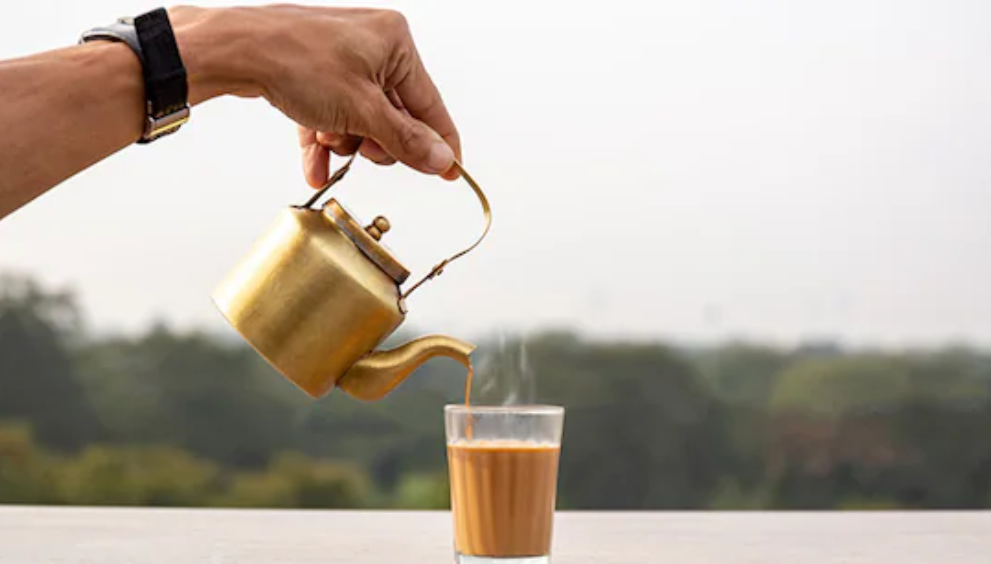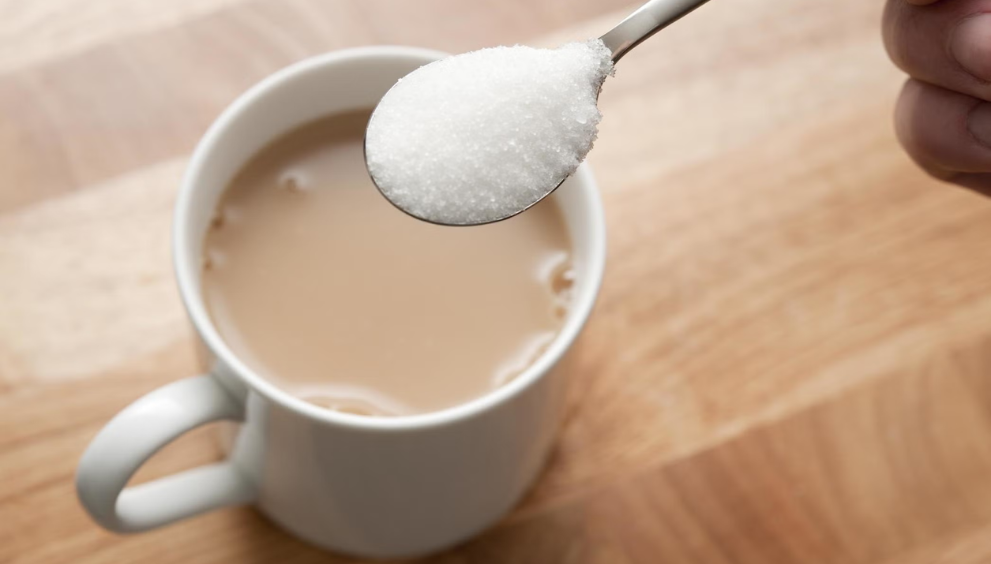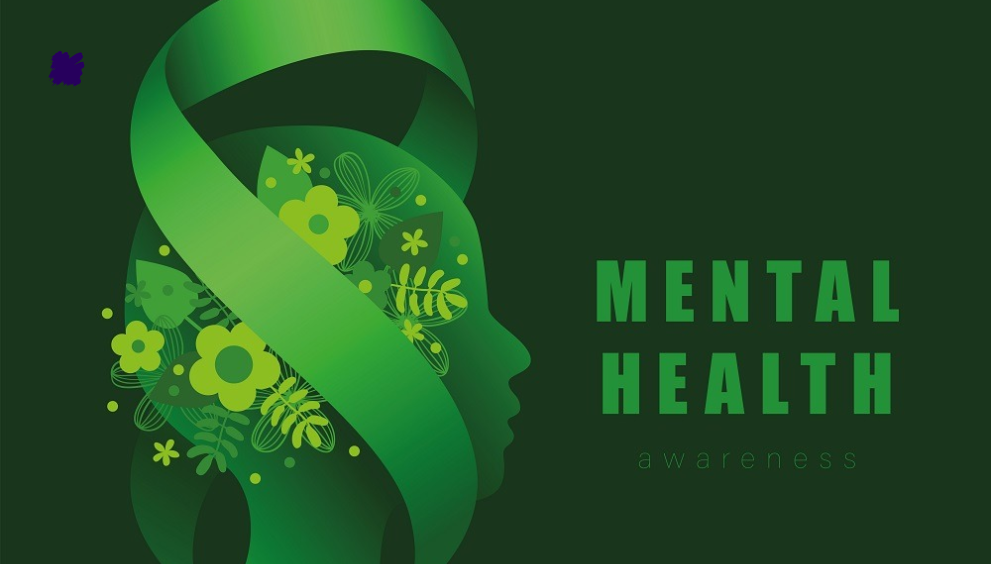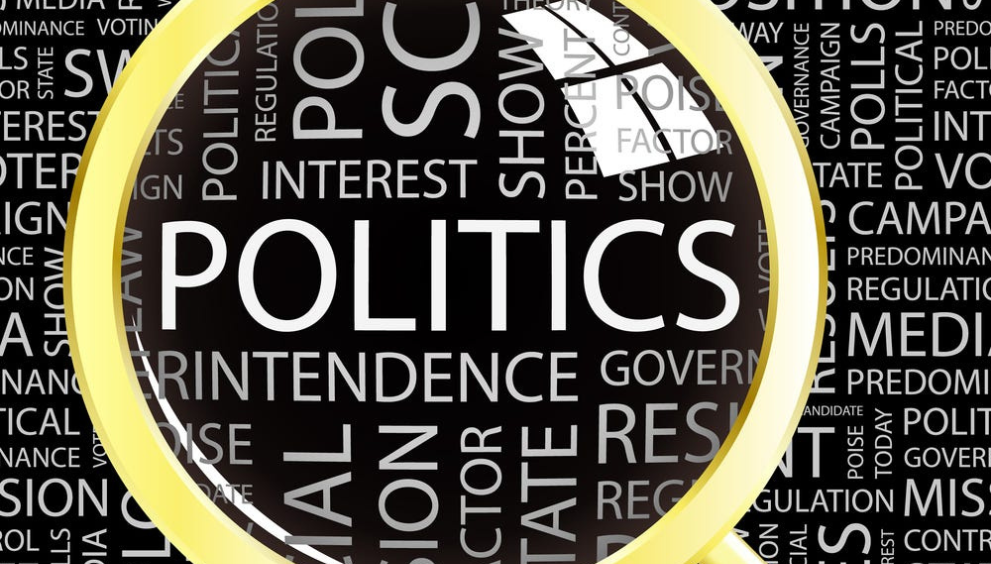5 Ways Milk Tea Can Affect Mental Health

Milk Tea Can Affect Mental Health
Milk tea, especially in the form of bubble tea or traditional chai, has become a popular beverage worldwide. The comforting blend of tea, milk, and sometimes sugar, can provide a temporary sense of relaxation and pleasure. However, recent studies and discussions have raised concerns about the potential connection between excessive milk tea consumption and mental health issues such as depression and anxiety. While milk tea itself may not be the sole cause, it could play a role in exacerbating or triggering mental health problems when consumed excessively or combined with other factors.
The Impact of Caffeine on Mental Health
Milk tea, like many other tea and coffee-based drinks, contains caffeine, a stimulant that affects the central nervous system. Caffeine can provide a temporary energy boost, enhance focus, and improve mood. However, for some individuals, excessive caffeine intake can lead to adverse effects. High caffeine consumption has been linked to increased anxiety, irritability, and sleep disturbances, all of which can negatively impact mental health.
In individuals with pre-existing anxiety or mood disorders, consuming too much caffeine can intensify symptoms. Anxiety attacks, racing thoughts, and feelings of nervousness can become more frequent, making it difficult for individuals to manage their emotions. Moreover, caffeine can disrupt sleep patterns, leading to insomnia and poor-quality rest, which are both contributing factors to depression and anxiety.
The Role of Sugar in Milk Tea

Another concerning aspect of milk tea is its high sugar content, especially in the form of syrups or sweetened condensed milk used in bubble tea. Excessive sugar intake has been linked to a variety of mental health issues, including depression. Research has shown that high sugar consumption can lead to blood sugar spikes and crashes, which can affect mood regulation. After consuming a sugary milk tea, individuals may experience a temporary surge in energy followed by a crash, which can lead to feelings of irritability, fatigue, and low mood.
Over time, consistently high sugar consumption can also lead to insulin resistance and inflammation in the body. Chronic inflammation is thought to be a contributing factor to depression, as it can impact brain function and neurotransmitter regulation. Additionally, the fluctuating blood sugar levels caused by sugary milk tea may contribute to mood swings, making it harder for individuals to maintain stable emotions.
Dehydration and its Effect on Mental Well-being

Tea, including milk tea, is a diuretic, meaning it can increase urine production and lead to dehydration. While a mild level of dehydration might not seem serious, it can have significant effects on mental health. Dehydration can cause fatigue, difficulty concentrating, irritability, and even feelings of sadness. For individuals already struggling with mental health issues, these symptoms can exacerbate feelings of depression and anxiety.
Chronic dehydration, even at mild levels, can impair cognitive function and mood stability. When the body is not adequately hydrated, the brain struggles to function at its best, leading to difficulties with focus and emotional regulation. Therefore, relying on milk tea for hydration, especially in large quantities, can contribute to mental fatigue and emotional instability.
The Potential for Addiction
Milk tea, especially varieties with high sugar content and caffeine, can also become addictive. The pleasurable feelings associated with consuming these drinks, such as temporary bursts of energy or relaxation, can create a psychological dependence. As the body becomes accustomed to frequent milk tea consumption, individuals may start to crave it to feel “normal” or to experience the short-lived high it provides.
Addiction to milk tea can also lead to feelings of guilt and frustration when individuals try to reduce their consumption. This can create a cycle of emotional dependency, where the individual’s mental health deteriorates due to both the physiological effects of the drink and the psychological attachment to it. Withdrawal symptoms from caffeine or sugar, such as irritability and mood swings, can also worsen anxiety and depression in the short term.
Finding Balance
While milk tea in moderation is not necessarily harmful to most people, excessive consumption can have negative effects on both physical and mental health. To prevent these potential issues, it is important to be mindful of how much milk tea is being consumed and to consider healthier alternatives.Read more informative blogs

 English
English 



















































































































